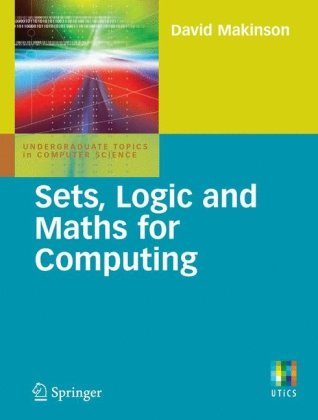

Most ebook files are in PDF format, so you can easily read them using various software such as Foxit Reader or directly on the Google Chrome browser.
Some ebook files are released by publishers in other formats such as .awz, .mobi, .epub, .fb2, etc. You may need to install specific software to read these formats on mobile/PC, such as Calibre.
Please read the tutorial at this link: https://ebookbell.com/faq
We offer FREE conversion to the popular formats you request; however, this may take some time. Therefore, right after payment, please email us, and we will try to provide the service as quickly as possible.
For some exceptional file formats or broken links (if any), please refrain from opening any disputes. Instead, email us first, and we will try to assist within a maximum of 6 hours.
EbookBell Team

4.3
8 reviewsUniversity studies in computing require the ability to pass from a concrete problem to an abstract representation, reason with the abstract structure, and return with useful solutions to the specific situation.
The tools for developing these skills are in part qualitative – concepts such as set, relation, function, and structures such as trees and well-founded orders. They are also in part quantitative – notably elementary combinatorics and finite probability. Recurring in all of these are instruments of proof, both purely logical ones (such as proof by contradiction) and mathematical (the various forms of induction).
Features:
• Explains the basic mathematical tools required by students as they set out in their studies of Computer or Information Science
• Explores the interplay between qualitative thinking and calculation
• Teaches the material as a language for thinking, as much as knowledge to be acquired
• Uses an intuitive approach with a focus on examples for all general concepts
• Provides numerous exercises, solutions and proofs to deepen and test the reader’s understanding
• Includes highlight boxes that raise common queries and clear away confusions
• Tandems with additional electronic resources including slides on author's website
http://david.c.makinson.googlepages.com
This easy-to-follow text allows readers to carry out their computing studies with a clear understanding of the basic finite mathematics and logic that they will need. Written explicitly for undergraduates, it requires only a minimal mathematical background and is ideal for self-study as well as classroom use.